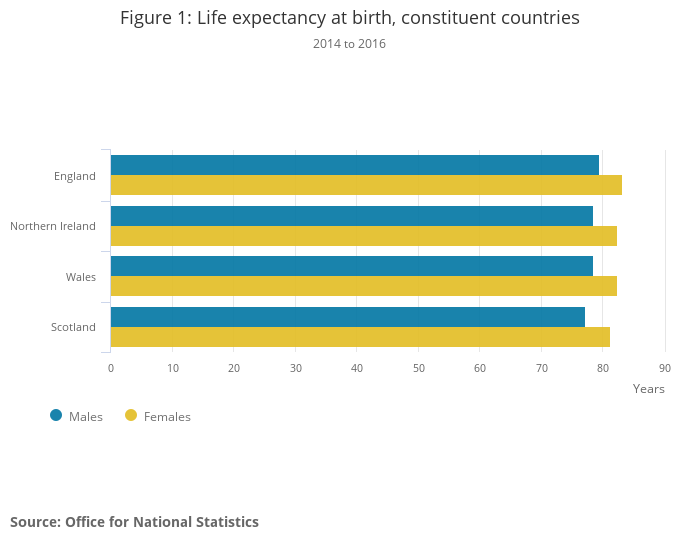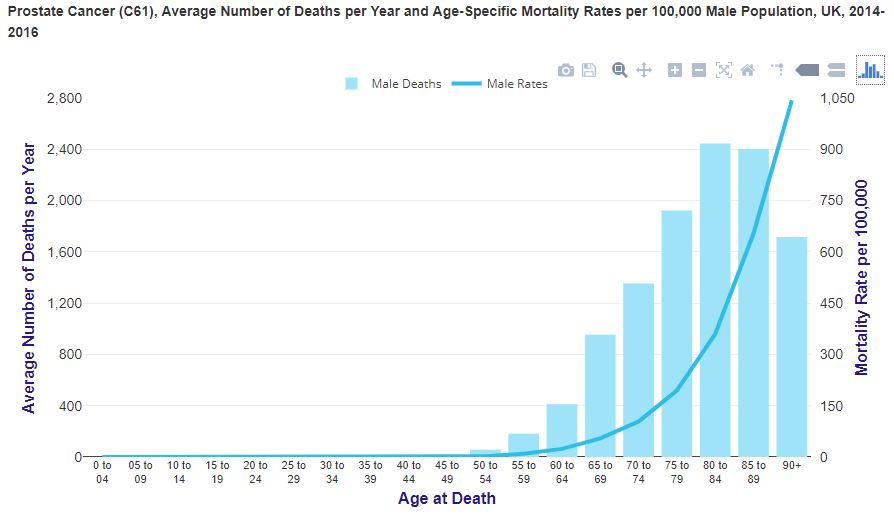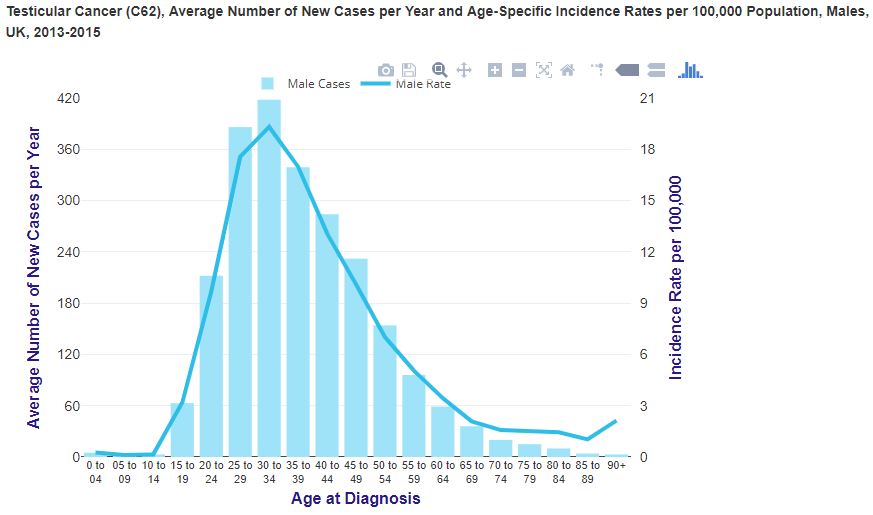This time every year, some men choose to grow a moustache. Adult men. Men who should know better. Growing a moustache, on purpose! And, if you ask them why, they’ll tell you it’s for Movember. Some might even tell you that they’re, ‘Growing a mo for a bro…’. Others could actually ask you to sponsor their inability to shave their top lip for a month. All of which can leave you wondering, what is the point of Movember?
This, of course, is a perfectly reasonable question.
In 1999 a bunch of Australians (obviously), sat in a pub (even more obviously), came up with the idea of Movember. The point of Movember was to grow ‘whiskers for whiskers’ and raise money for the RSPCA. This Movember has nothing to do with the Movember I’m writing about here.
That Movember started in 2004, when a bunch of Australians (you see the pattern), sat in an entirely different pub (because, of course they were in a pub to think of this), came up with the idea of Movember. The point of Movember, this time, was to raise awareness of prostrate cancer and depression in men. And so it began…
It started with 30 guys in Melbourne. From there it spread to South Africa and Europe and then into the USA, and ever onward. In 2017, more than 300,000 people, across 20 countries, raised in excess of £50 million ($64 million, €56 million). In total, Movember has raised £540 million ($690 million, €606 million) for men’s health over the last 15 years. That is an astonishing achievement.
At this point, however, I feel I should mention that the success of Movember is starting to wane. This is partly due to the current fashion of men wearing more facial hair. When Movemeber started, the vast majority of men were clean shaven, meaning seeing someone with a moustache was eye catching and noteworthy. This is no longer the case; far more men are habitually stubbly, or downright beardy. It’s hard to raise money for growing a moustache, when you’re already hairy all the time… and so is everyone around you.

Photo by Caleb Lucas on Unsplash
Another problem is that the success of Movember has led to other charities jumping on the bandwagon:
- Dry January (stop drinking alcohol for January) was introduced in 2013 by Alcohol Concern
- Stoptober (stop smoking for 28 days in October) was launched in 2012 by Public Health England
- Decembeard (grow a beard for bowel cancer in December) was launched in 2011 by Bowel Cancer UK
Until I started researching for this post, I’d never even heard of Decembeard, which, given my situation, you’d really think I would’ve.
Anyway, Movember was the original novelty charity month and it did very well. So other charities set up their own novelty charity months. Now everyone’s sick of novelty charity months. So fewer people donate to Movemeber.
I should also mention that I’m only referring to novelty charity months, in the above. The more traditional charities have their particular days, weeks and months, by the dozen. For the list recognised by the NHS, see here. Interestingly, while the other three are listed, there’s no mention of Decembeard on there.
So, it may well be that Movember has had its day, which is a shame, because the point of Movember is surprisingly important.
Simply put, the point of Movember is to ‘Stop men dying too young‘.
The thing is, you see, that women life longer than men. In the United Kingdom by an average of about 4 years. And while it isn’t a competition, if it was a competition; women are winning!

I first became aware of Movember somewhere between 2006 and 2008. It was during a hockey match in mid-November and one of the guys turned up with a fledgling moustache. He was new to the club, having finished his travels after University. I think I said something along the lines of, “Dude, you’ve missed a bit!”
Well, it turned out that his travels had taken him to Australia, and that’s where, the previous year, he’d heard about Movember. And, the year I spoke to him, he was growing a mo for a bro. We talked about it a bit more after the match, and I decided I’d grow my own mo the following year. Now, I know I missed the next year, and I may well have missed the year after that, but I also know that I grew my very first moustache in 2009.
Okay, I say my, ‘my very first moustache’, but there may well have been an early attempt when I was in my 20s. I’m not saying there was. But if there was; whatever emerged certainly didn’t qualify for the word, ‘Moustache’. Not when there are words like, ‘Bumfluff’ and ‘Embarrassment’ available.

But, back to when my moustache attempts were slightly more manly. It did cause people to ask what I was doing and I’d tell them about Movember. The point of Movember, at the time, was mainly focused on prostrate cancer. I remember talking to a nurse about it, when I was doing some hockey coaching, and she was very dismissive. While she agreed that prostrate cancer was very common, it was largely restricted to the very old and was very slow moving. Basically, as she explained it, it was irrelevant as a concern because virtually everyone died from other causes before the prostrate cancer caused them harm.
Prostrate Cancer
I was a bit taken aback. What was the point of Movember: of growing a moustache to look foolish, if the men’s illness it is associated with was a non-event?!
Well, it turns out that prostrate cancer is very far from a non-event… For a start, it causes the third highest number of cancer deaths in the UK. In 2015, the deaths from cancer were as follows:
- Lung Cancer – 35,486
- Bowel Cancer – 16,067
- Prostrate Cancer – 11,819
Additionally, Prostrate Cancer is the second most diagnosed cancer of them all, with 13% of cases. Breast Cancer is the most diagnosed cancer, at 15% of all cases. Lung Cancer is also on 13% and Bowel Cancer on 12%. Breast Cancer is also the 4th highest killer, just behind Prostrate Cancer, with 11,522 deaths in 2015.
This has led to the situation that, in the UK, a man dies every 45 minutes from Prostrate Cancer. The point of Movember, in terms of Prostrate Cancer, is to halve the number of men dying from Prostrate Cancer by 2030.

Source
It is hoped that this can be achieved by increasing education about the signs and symptoms of prostrate cancer and by seeking to introduce a regular screening programme. Because there isn’t one at the moment.
There is a blood test called the Prostrate Specific Antigen (PSA) test. According to the Movember UK website:
“It’s used to determine the measurement of Prostate Specific Antigen (PSA) concentration in the blood, it is the primary method of testing for prostate cancer.”
However, according to the NHS Website:
“There’s currently no screening programme for prostate cancer in the UK. This is because it has not been proved that the benefits would outweigh the risks.”
The NHS site goes on to refer to the risks of false positives and false negatives. The latter being at a rate of 15%. The test is also not able to distinguish between a slow moving and fast moving tumour. The site then goes on to state:
“Although screening has been shown to reduce a man’s chance of dying from prostate cancer, it would mean many men receive treatment unnecessarily.”
I might be out of line here, and I have the greatest respect for the NHS, but I’m calling bollocks!
If the established facts are as follows:
- Prostrate Cancer accounts for the second highest number of cancer cases in the UK;
- It causes the third highest number of cancer deaths;
- Screening reduces a man’s chance of dying from Prostrate Cancer
- There is no screening process…
It seems obvious to me that this is a situation that needs to change.
In the meantime, if you’re over 50, you can ask your doctor for a PSA test. And, maybe you should, because if you catch Prostrate Cancer early, there’s a 98% chance of surviving at least 5 years. This falls to 26%, if you catch it late. Before any of that, though, you should familiarise yourself with the symptoms of Prostrate Cancer.

In the time since that first moustache in 2009, the point of Movember has shifted to a more generalised concern for issues regarding men’s health, but with specific focus on:
- Prostate cancer
- Testicular cancer
- Suicide prevention
- Mental health
Testicular Cancer
Unlike Prostrate Cancer, Testicular Cancer is not a big killer in the UK. Testicular Cancer is only the 17th most common cancer in males and accounts for just 1% of new cancer cases.
Where it does get scary, though, is when you realise that Testicular Cancer is the most common cancer in young men in the UK. The incidence rates are highest among the 30-34 age range:

Source
Fortunately the survival rate is around 95% and Testicular Cancer leads to around 60 deaths a year. The point of Movember, in terms of Testicular Cancer, is to cut these deaths in half by 2030.
This will largely be achieved through education. Teaching men how to self check and self inspect their testicles. Also to learn how to look out for the symptoms of Testicular Cancer. And, ideally, to be able to talk about such things without giggling…
Mental Health and Suicide Prevention
Of the areas of men’s health that Movember focuses on, the most recently added is suicide prevention. And it’s good that it’s been added, because these are some of the headlines:
- Globally, every minute a man dies by suicide.
- Suicide is the most common cause of death for men aged 20-49 years in England and Wales.
- In 2017, of the 5,821 recorded suicides in Great Britain, 75% were male.
The point of Movember, in terms of suicides, is to reduce the rate by 25%, by the year 2030.
To achieve this will require better education for boys regarding their mental health. Suicide isn’t a specific mental health problem, it is a symptom of mental distress. Educating boys and men that it’s okay to talk about their mental health and providing a service that allows them to do so, will make a huge difference.
As someone who has recently had my own battles with depression, I can confirm that it’s not easy to get help. The UK simply does not have the infrastructure in place to meet the need of the Nation’s mental well-being. I was lucky, I could afford to get therapy privately. But £80 a session is not within everyone’s budget.

Additionally, while I was receiving regular therapy sessions, I was also keeping a journal. I did not record in my journal any reference to the fact that I was in therapy. This journal is something that only I am ever supposed to read. Yet I was editing my life in relation to my therapy and my antidepressants.
But that felt like the right thing to do. I don’t know if that’s a male thing, an age thing, or just a me thing. But that is what felt right to me as a 44 year old male, living in the UK in 2015.
Whatever the reason, we need to ensure that the next generation don’t think the same way. And that comes down to education, understanding and acceptance. Social gender norms and roles are an ever-changing landscape. As well they should be. The point of Movember, at least in part, is to help ensure that issues relating to men keep moving in the right direction.
To help with that, I’ve included a very helpful video regarding how to keep your new-found moustache tidy, through the month of Movember:
Personally, I’ve never asked for sponsorship, when I’ve grown a Mo, preferring just to raise awareness when people ask about the ‘tache. In this instance, though, it seems inappropriate not to provide the opportunity to donate to the cause, should someone wish to.
If you wish to make a donation, please click here.
